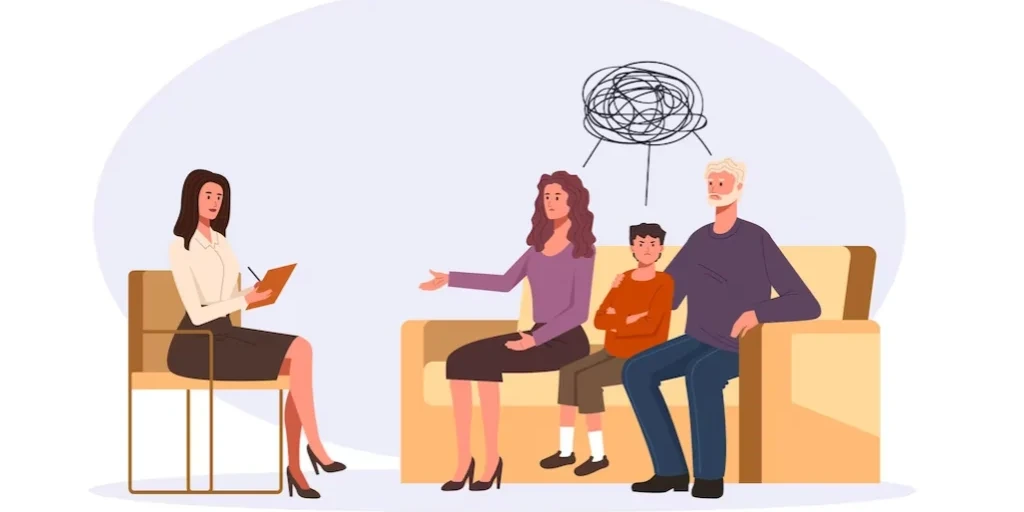24/7 Helpline:
(866) 899-221924/7 Helpline:
(866) 899-2219
Learn more about Outpatient Rehab centers in Jim Hogg County

Other Insurance Options

Coventry Health Care

Excellus

Kaiser Permanente

Lucent

Amerigroup

Oxford

Highmark

State Farm

ComPsych

United Health Care

Group Health Incorporated

PHCS Network

Providence

Sliding scale payment assistance

WellCare Health Plans

CareSource

MVP Healthcare

Magellan

GEHA

BlueCross


















Border Region Mental Health
Border Region Mental Health is a private rehab located in Hebbronville, Texas. Border Region Mental ...